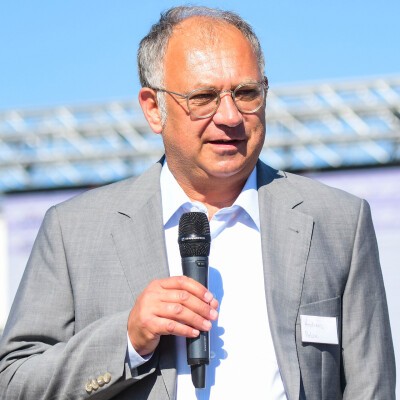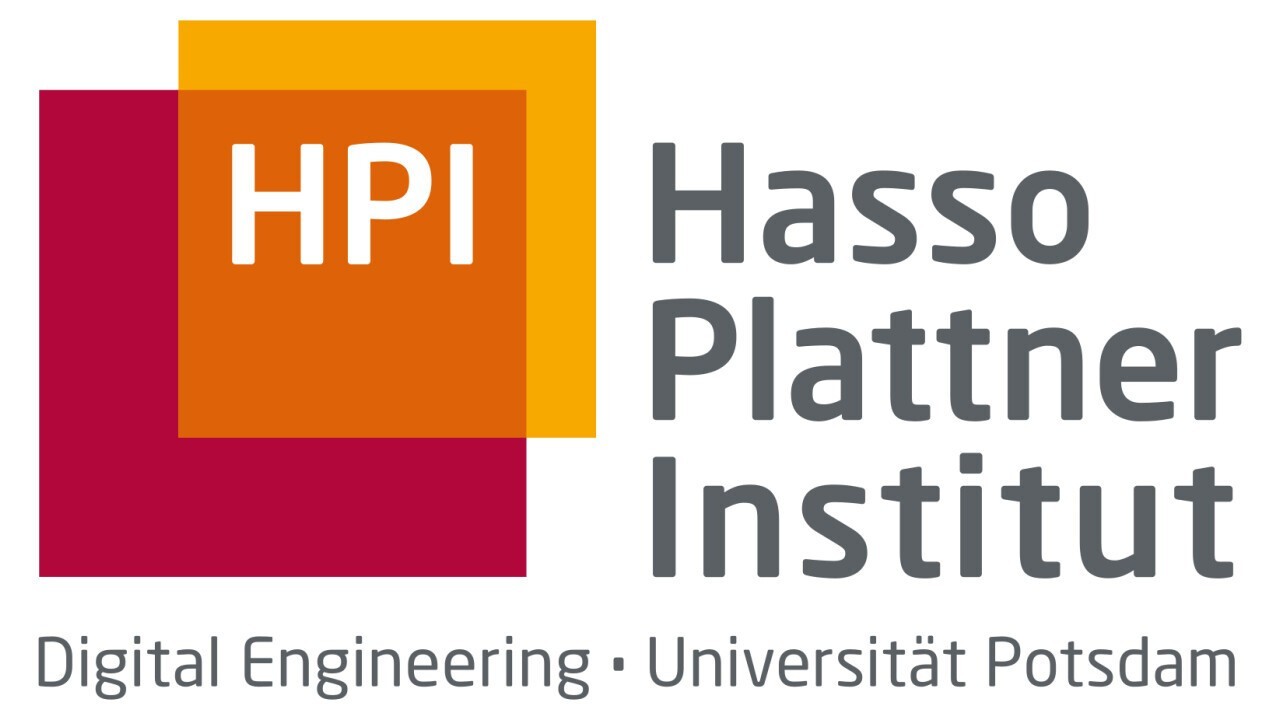SQuIRRL – Secure Quantum Infrastructure for Road, Rail and Flight — Project Overview
The SQuIRRL project develops quantum technologies for secure key exchange in road, rail and air transport and creates the basis for long-term resilient, certifiable security solutions.
Project SQuIRRL develops and demonstrates the use of quantum technologies for the secure exchange of cryptographic keys for rail, road, and air transport.
Systems in the transportation industries often have a planned lifetime of 15 to 40 years. Therefore, it is necessary to implement new technologies early on. This is particularly important from a security perspective, firstly due to the physical exposure of a large portion of the systems and infrastructure, and secondly because it is assumed that encryption and isolation mechanisms currently in operation will become increasingly insecure.
To ensure the future-proof and verifiably secure operation of road, rail, and air transport, the project pursues the following objectives:
- Development of cost-effective, scalable, and robust detection units for entanglement-based QKD solutions. The resilience and dimensions of the QKD measurement system are to be ensured by combining detectors and measurement electronics on a common platform. Adaptation to the environmental conditions expected during use in vehicles is essential.
- Conceptual design of a generic architecture for the integration and deployment of QKD endpoints in rail, road, and aircraft vehicles and infrastructure. This also includes the development of the necessary interfaces for the integration of quantum keys into mobility infrastructures at the hardware and software levels. The architecture not only considers the implementation of QKD in areas with partially limited TrustedNode availability, but also runtime monitoring for detecting and responding to attacks. The goal is to certify the systems.
- Domain-specific proof of technical feasibility through multi-stage processes
Presentation language: EN
Speakers (1)

Prof. Dr. Andreas Polze
Operating Systems and Middleware Professor, Hasso-Plattner-Institute University Potsdam

